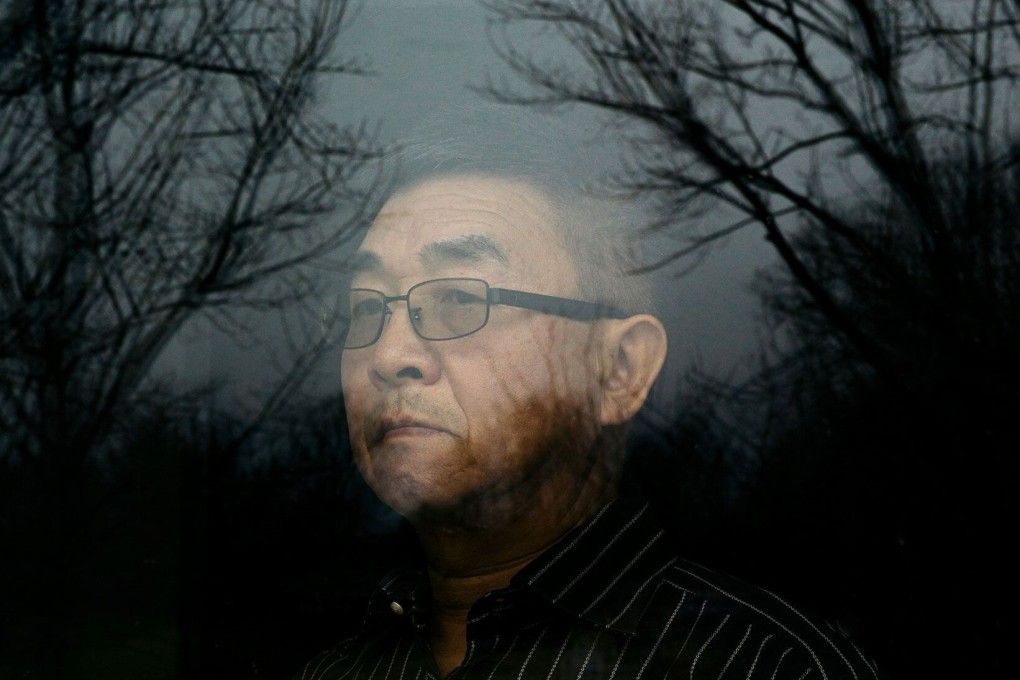Suspected of spying for just being Chinese: US government rejects security clearance for Chinese-Americans
As the trade war heightens US-China tensions, distrust of Chinese-American scientists and experts is prompting unfounded FBI investigations, intimidation and harassment

For days after his FBI interrogation, Wei Su wondered: where had the microphone been? The agents had played him a scratchy recording of a conversation he’d had with a friend at a restaurant in Eatontown, New Jersey. Both men found it strange when an unasked-for pot of hot tea arrived at their table, but only later did Su, an award-winning scientist for the United States Army’s Intelligence and Information Warfare Directorate, form a hypothesis. He thinks the teapot was bugged.
On the recording, Su says, he can be heard telling his friend in Chinese to always use English when they spoke on the phone because the government was monitoring his calls. “When you work with us, you need to be careful,” he warned. Su says the FBI demanded to know if “us” was a reference to Chinese intelligence. No, he answered, “us” simply meant his employer, the army.
Nevertheless, questions about Su’s loyalty would propel a multi-year investigation that, in 2016, prompted the US Department of Defence to revoke the top-secret security clearance he’d held for 24 years. He retired the next year: humiliated, angry and, the Pentagon later admitted, completely innocent.
The short, bespectacled scientist, who loves to kayak, garden and play the piano, now divides his time between Maryland and Florida with his wife of 32 years, Elaine, a retired branch chief for a different army communications lab. The government’s case against him amounted to a tempest in a teapot, Su says, if not a listening device as well.
Some of my clients won’t even call or visit their own mother in China to avoid having to disclose the ‘foreign contact’
Last year the US National Institutes of Health, working with the FBI, started probes into about 180 researchers at more than 70 hospitals and universities, seeking undisclosed ties to China. Some suspected scientists were instructed by their associates in China to conceal their connections to the country, says Ross McKinney, chief scientific officer for the Association of American Medical Colleges. “The presumption of trust is blown by the fact that there’s a systematic approach to lying,” he says.